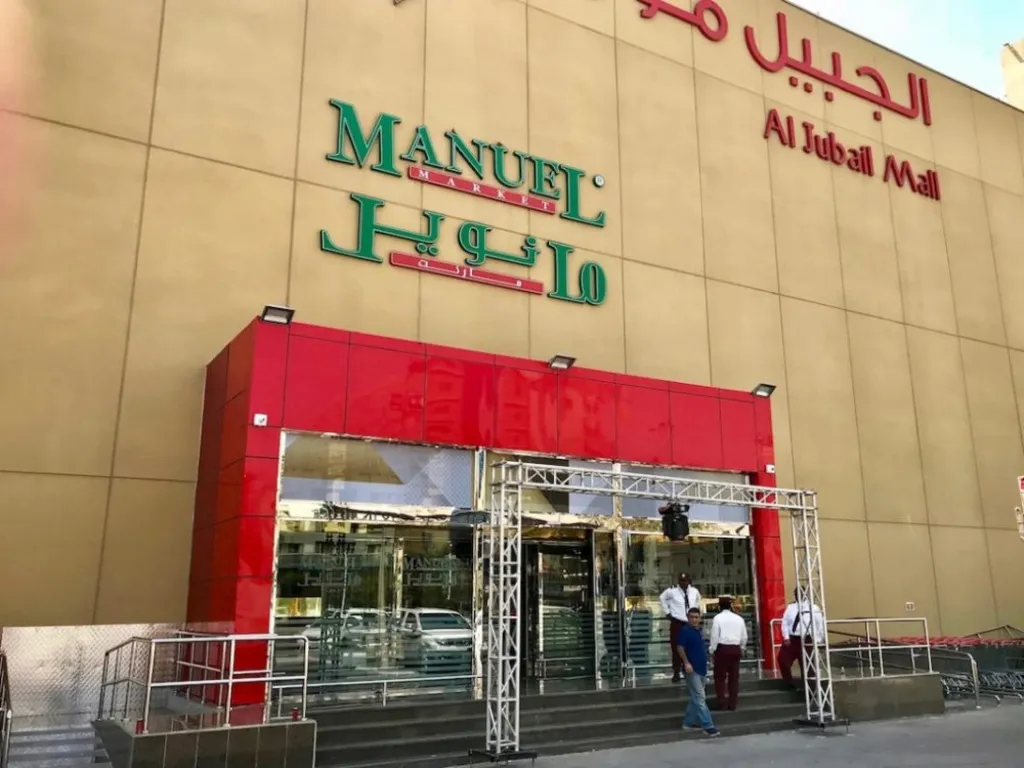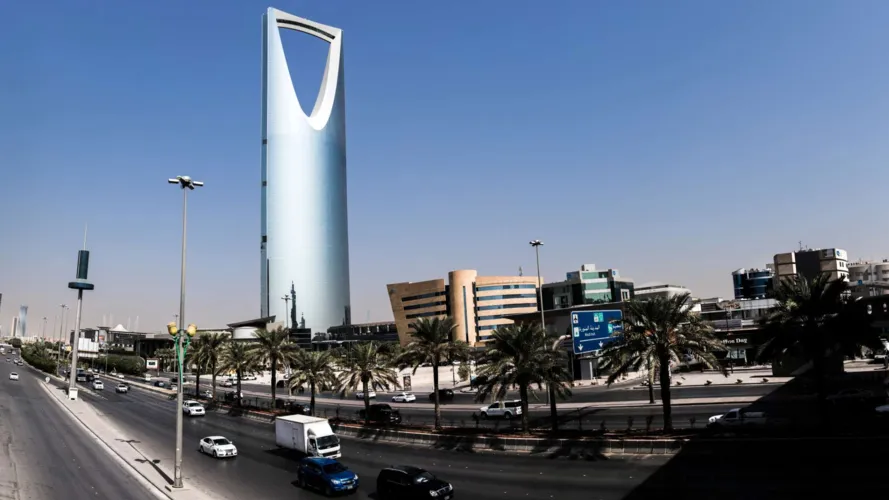Saudi Retail M&A: Consolidation Ambitions and Deal Risks
In February 2025, Abdullah Al Othaim Markets Co. signed a memorandum of understanding to acquire a 51% stake in Manuel Market, a luxury supermarket chain with 11 branches in Jeddah and Riyadh. The deal was positioned as a strategic move to strengthen Al Othaim’s foothold in the Western Province and capture premium consumers seeking imported and high-quality products.
However, by June 2025, the company announced the cancellation of the acquisition after due diligence and valuation reviews. This reversal underscores a critical reality: while Saudi Retail M&A is accelerating, not every transaction reaches completion. Execution risks; from valuation gaps to integration challenges — remain a defining feature of the sector.
Market Consolidation: Why Saudi Retail M&A Remains a Strategic Imperative
Despite the setback, consolidation continues to be a central theme in Saudi Arabia’s retail and consumer goods sector. The market is highly fragmented, with traditional grocers, modern hypermarkets, and niche luxury players competing for share. For large operators like Al Othaim, acquisitions remain a powerful lever to:
- Expand into high-growth regions such as the Western Province.
- Diversify customer bases across value and premium segments.
- Achieve economies of scale through supply chain integration.
The Manuel Market deal, even though cancelled, illustrates how Saudi Retail M&A is being used as a tool to balance mass-market dominance with entry into aspirational consumer segments.
Financial Discipline Shapes Saudi Retail M&A Outcomes
Al Othaim’s financial position was a key enabler of its acquisition attempt. With a loan balance of SAR 330 million, equivalent to just two weeks of sales, and strong cash flows, the company had the flexibility to pursue the deal without jeopardizing its balance sheet.
Yet the decision to walk away also reflects financial discipline. In the world of Saudi Retail M&A, not overpaying for assets is as important as securing them. Companies are increasingly cautious about valuations, ensuring that acquisitions deliver long-term value rather than short-term headlines.
Rising Disposable Income Fuels Supermarket Acquisition Strategies
The underlying driver of these consolidation attempts remains unchanged: Saudi households are experiencing rising disposable income, primarily driven by the nation's economic diversification efforts under Vision 2030. In 2023, per capita disposable income increased by 3.5% in real terms and is projected to rise by 8.1% between 2023 and 2028. This shift is fueling demand for premium and imported products, creating opportunities for supermarkets that can cater to evolving tastes.
Luxury retailers like Manuel Market are natural acquisition targets because they provide immediate access to this aspirational consumer base. Even though Al Othaim ultimately stepped back, the logic behind the move remains sound—Saudi Retail M&A is about positioning for a consumer future that is more diverse, more demanding, and more brand-conscious.

Operational Efficiency: The Missed Synergy Opportunity
Had the deal gone through, Al Othaim planned to integrate Manuel Market into its logistics and supply chain network. This would have reduced costs, improved inventory management, and enhanced product availability. Such synergies are a hallmark of successful Saudi Retail M&A, where operational efficiency often determines whether acquisitions deliver on their promise.
The cancellation means these efficiencies remain unrealized, but it also highlights the complexity of integration. Aligning systems, processes, and brand identities is rarely straightforward, especially when merging mass-market and luxury retail models.
Regional Expansion: Egypt Remains a Parallel Growth Story
While the Saudi deal faltered, Al Othaim’s operations in Egypt continue to deliver sustainable growth. The company remains committed to expanding its branch network and improving customer experience there. This dual-market strategy reflects a broader trend in Saudi Retail M&A, where companies are consolidating domestically while also seeking regional influence.
Outlook: Lessons from a Cancelled Saudi Retail M&A Deal
The collapse of the Manuel Market acquisition is not a retreat from consolidation — it is a reminder of its challenges. For Saudi retailers, the path forward will involve balancing ambition with caution, ensuring that acquisitions are not only strategically aligned but also financially and operationally viable.
As disposable incomes rise and consumer preferences evolve, the pressure to consolidate will only intensify. The Manuel Market case shows that while Saudi Retail M&A is a powerful tool for growth, it is also a high-stakes game where discipline and timing matter as much as vision.
Also Read: Navigating the Unique Landscape of Commercial Due Diligence in Saudi Arabia







